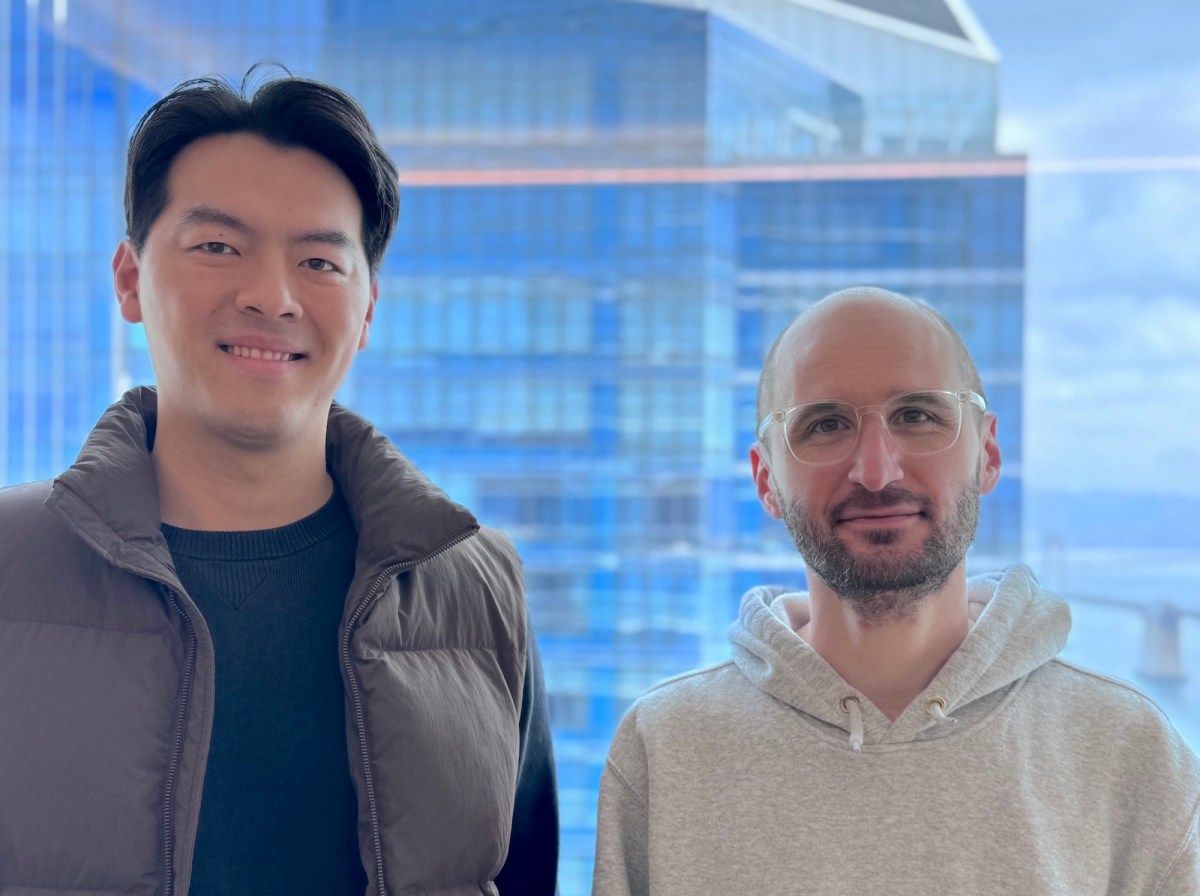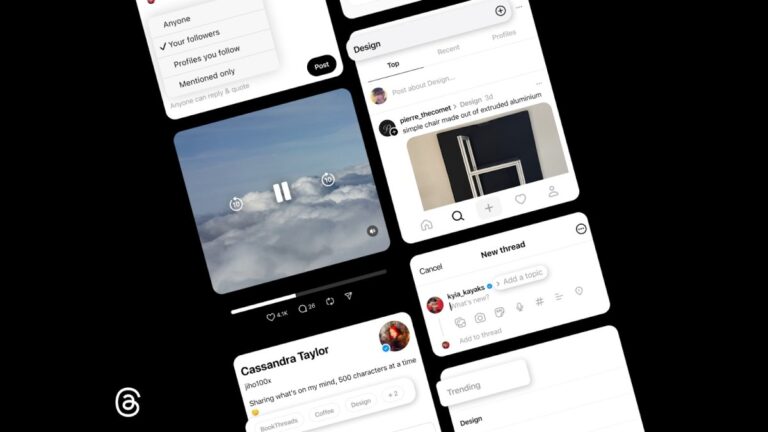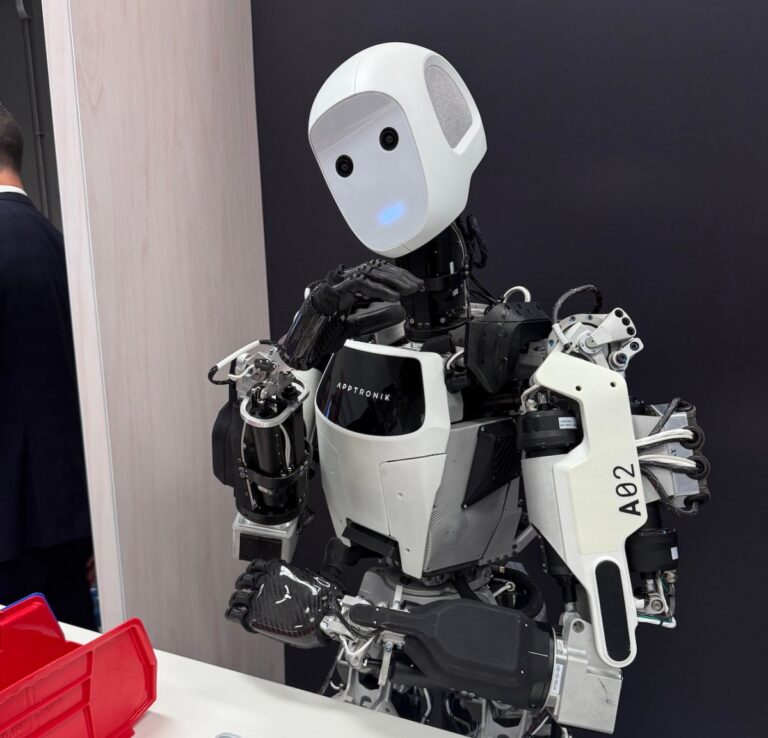Revolutionizing PC Experience: Adaptive Computer Introduces ‘Vibe’ Coding for Non-Programmers
In the rapidly evolving world of technology, no-code app development is gaining traction, and one startup making waves is Adaptive Computer. Founded by Dennis Xu, a seasoned tech entrepreneur, Adaptive Computer is on a mission to revolutionize personal computer software by enabling non-programmers to create fully functional applications using simple text prompts.
Introducing Adaptive Computer
After co-founding the AI note-taking app Mem, which was among OpenAI’s first venture investments, Xu has embarked on a new venture with Adaptive Computer. The startup recently secured a significant $7 million seed round, led by Pebblebed, alongside participation from Conviction, Weekend Fund, and notable investors like Roblox CEO Dave Baszucki.
The Vision Behind Adaptive Computer
Xu’s vision for Adaptive Computer goes beyond just software; he aims to empower users to design the personal computer of their dreams. “We’d be able to put something in every person’s pocket where they could actually build the personal computer of their dreams,” he states. However, it’s essential to note that Adaptive Computer focuses exclusively on web applications rather than hardware.
How Adaptive Computer Works
Adaptive Computer’s platform, currently in its alpha stage, allows users to create applications effortlessly. Here’s how it works:
- Text Prompt Input: Users can input a simple text request to generate an app.
- Automatic Backend Creation: The platform manages database instances, user authentication, and file management.
- Integrated Features: Adaptive apps can include payment processing through Stripe, scheduled tasks, and AI functionalities like image generation and content analysis.
A User-Friendly Experience
During a demonstration of the product called ac1, a request for a bicycle ride log app resulted in a fully functional JavaScript-based application created within a minute. This app featured sorting capabilities, distance tracking, and enabled sharing without compromising personal data.
Competing in the No-Code Space
While Adaptive Computer is a promising contender in the no-code development landscape, it is not alone. Competitors like Replit and Lovable are also vying for attention. Replit, for example, boasts over 30 million users and is increasingly appealing to those unfamiliar with programming.
Xu points out that the distinction between his platform and others lies in its design for non-programmers. Unlike competitors that may require technical knowledge, Adaptive Computer is built for the everyday user, focusing on simplicity and accessibility.
Unique Features of Adaptive Computer
Adaptive Computer’s apps can interconnect, allowing users to build multiple applications that interact with each other seamlessly. Examples of apps created by early adopters include:
- AI-generated storytelling tools
- An e-commerce platform for coffee beans
- A text-to-speech application for reading PDF files
Subscription Plans
Adaptive Computer offers three subscription tiers to cater to various user needs:
- Free Version: Limited features for casual users.
- $20/month Tier: Enhanced capabilities for more serious creators.
- $100/month Creator/Pro: Comprehensive features for advanced users.
As the no-code movement continues to grow, Adaptive Computer is poised to make a significant impact by providing tools that democratize app creation for non-programmers. For more information, visit their official website or check out related articles on Forbes Technology for insights into the latest tech innovations.







